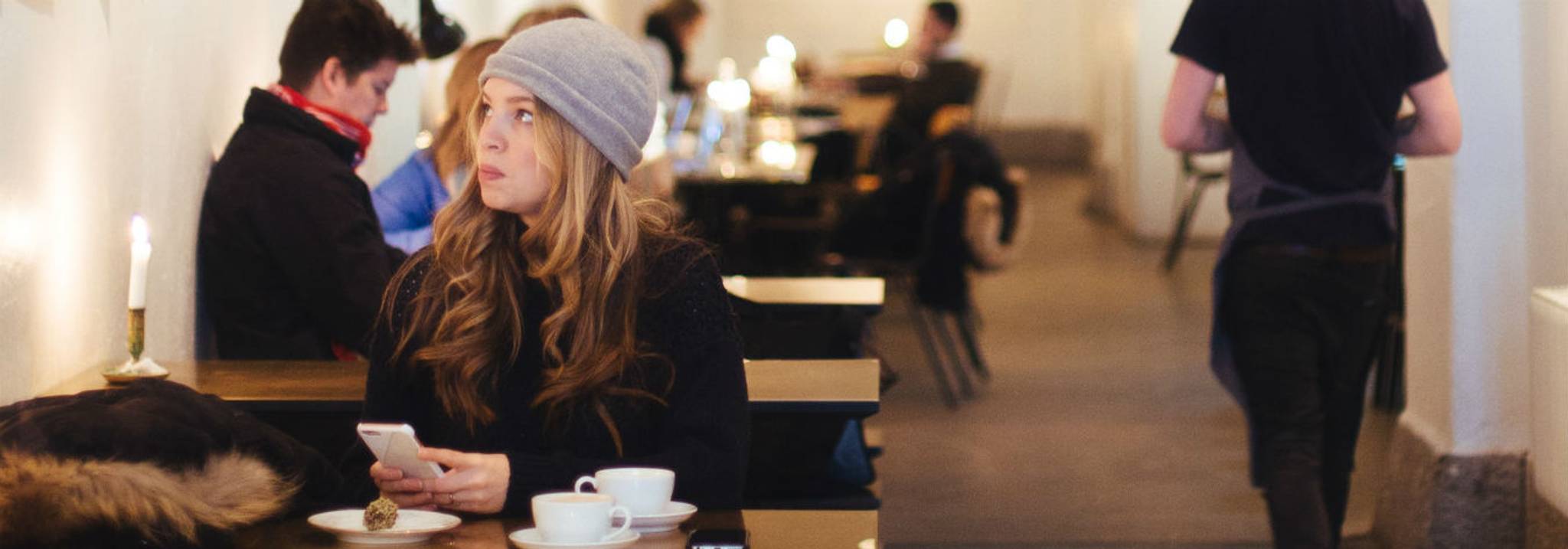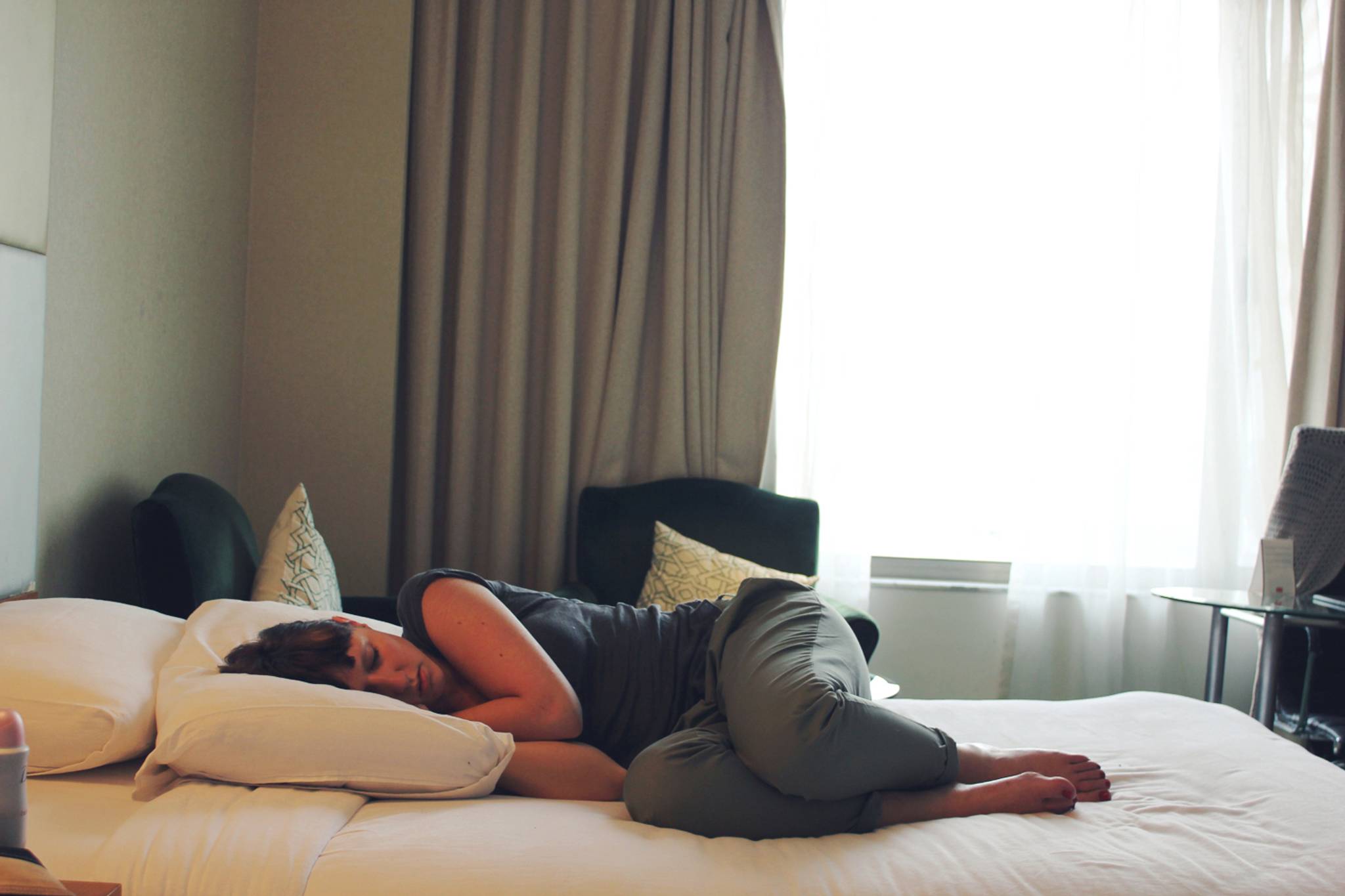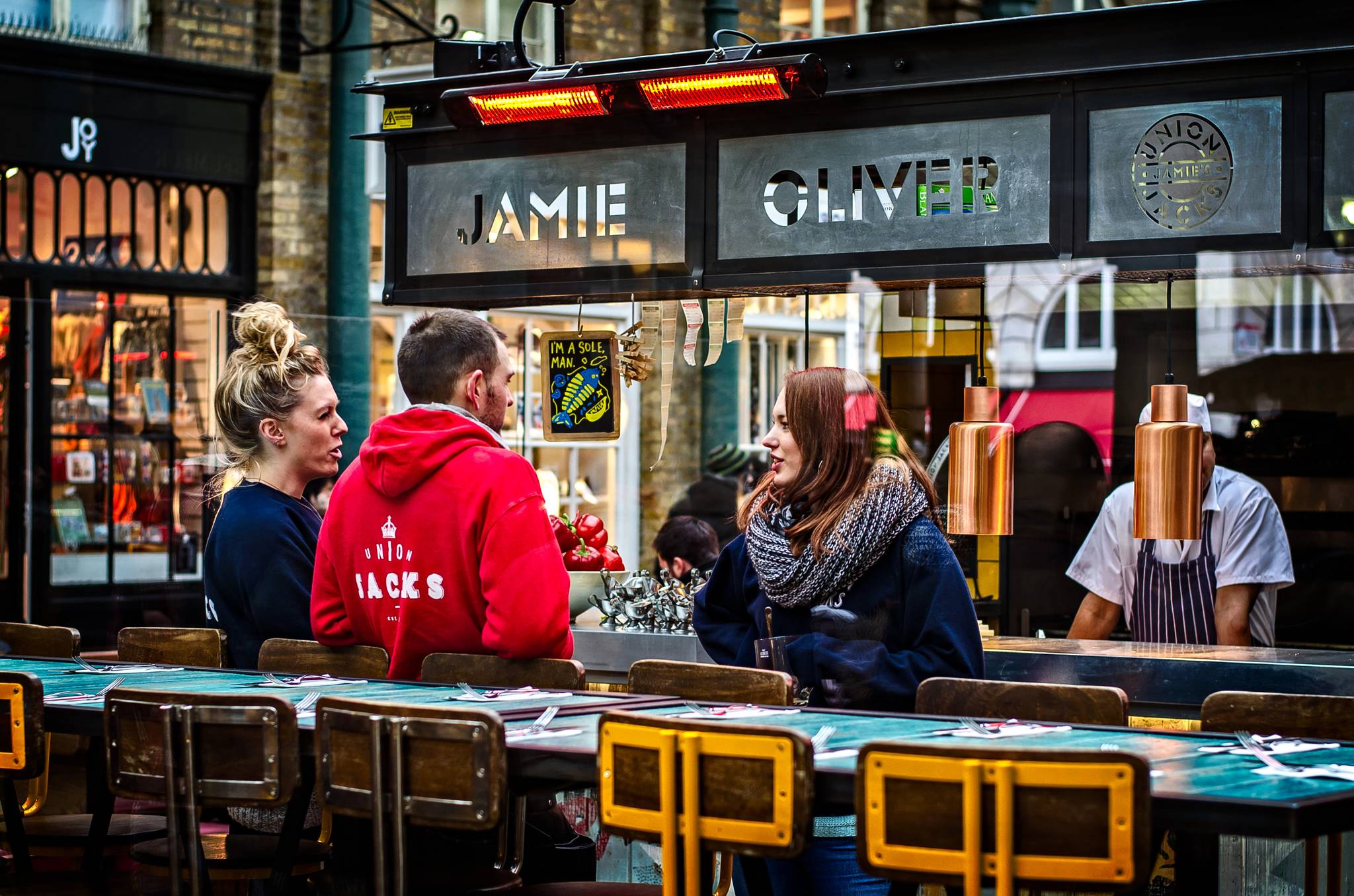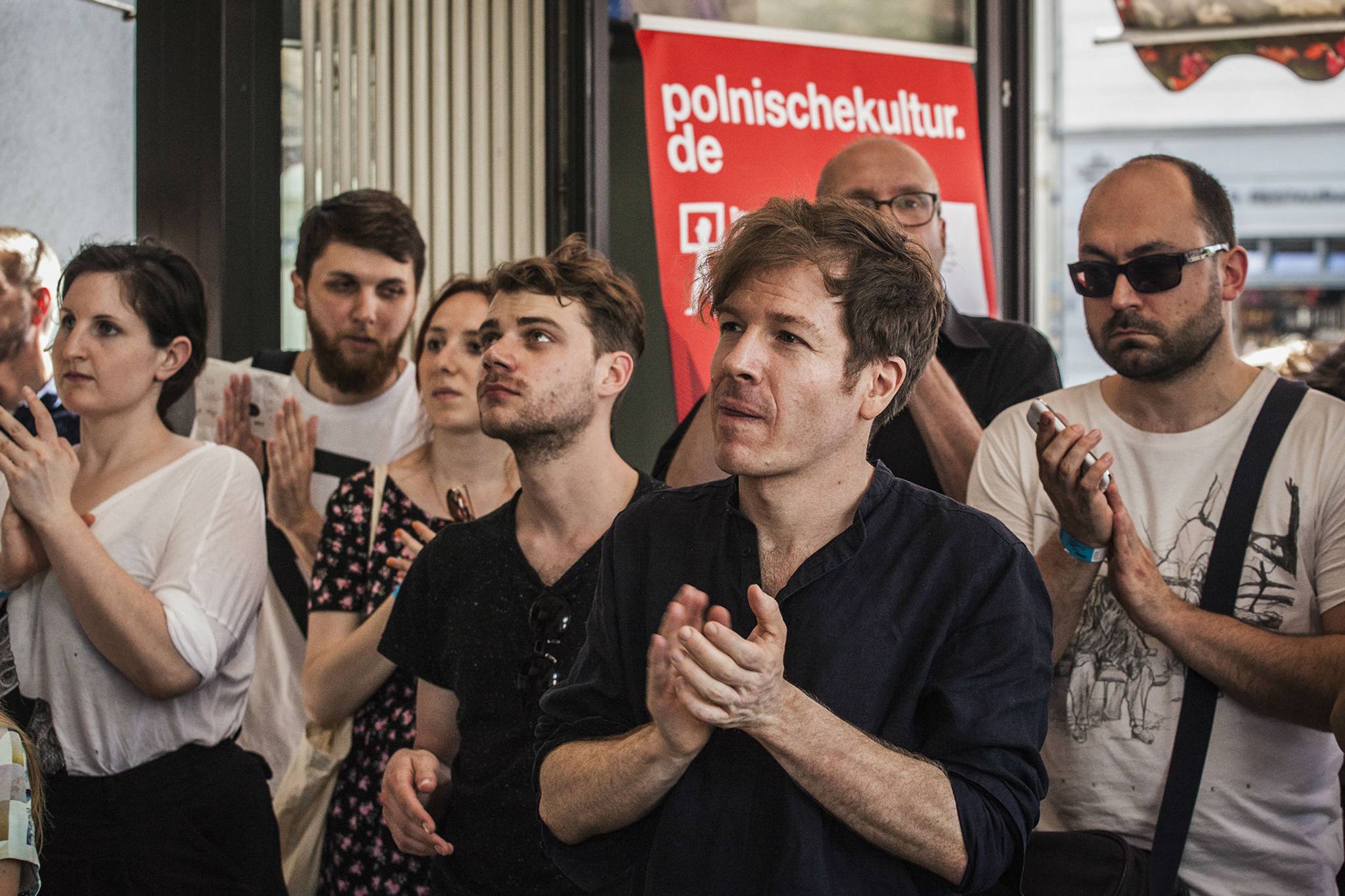
Online reviews are a great way for people to share stand-out experiences, but also for brands to secretly self promote through constructed content. We uncover the insights behind how The Shed at Dulwich – a fake restaurant located in a journalist’s back garden – exposed the dangers of taking peer reviews at face value, a cautionary tale for people who believe everything they read online.
In spite of serving up microwaved mash and boxed wine, The Shed at Dulwich was the number one ranked restaurant in London on TripAdvisor – albeit for just a brief period of time. The mock-restaurant was set up by journalist and professional mischief-maker Oobah Butler for Vice, who thought up the idea after being paid by a restaurant to leave positive feedback on TripAdvisor. After coming up with a name and a domain, Butler promoted ‘The Shed’ with a fictional menu, with reservations advertised as by appointment only. Armed with fake positive reviews of the restaurant written by himself and friends, ‘The Shed’ quickly became verified by TripAdvisor and became the top-ranked restaurant London within a mere six months. "I realised how easy it was to climb the rankings. Getting all these reviews, some from people I didn’t even know" wrote Butler. "It was really just a collection of chairs in a garden shed."
Understanding that UK consumers spend £23 billion a year as a consequence of reading online reviews, with a full 93% of people saying that online reviews have influenced their dining choices, businesses are keen to improve their appearance on sites like Yelp or Tripadvisor. But it seems that people are generally unaware, or at the very best oblivious, to this incentive and to the potential that many of the reviews they read on peer review platforms are fake – a 2015 government survey found that only a “very small proportion of respondents” felt that it was likely that the reviews were not written by genuine customers.
Gen Yers are particularly susceptible to being influenced. "Today’s Millennials have been raised with Amazon ratings and Yelp reviews," says Arun Sundararajan, professor of business at NYU and author of The Sharing Economy. "So it’s little wonder they feel a greater sense of comfort from this digital infrastructure." But as Butler has proven, it's the consumer who will end up feeling cheated and potentially losing faith in peer-generated content because of 'fake' user reviews. And with restaurateurs campaigning for reviews to be verified by receipts, and sites like ‘Tripadvisor-Destroys’ heavily criticising the website’s lenient fact-checking approach, users are slowly wising up to the phenomenon.
Oriyan Prizant is a researcher at Canvas8, which specialises in behavioural insights and consumer research. He has a BA in law, which focused on people's perceptions of contract breaches, and cultivates an unhealthy interest in Korean pop music.



